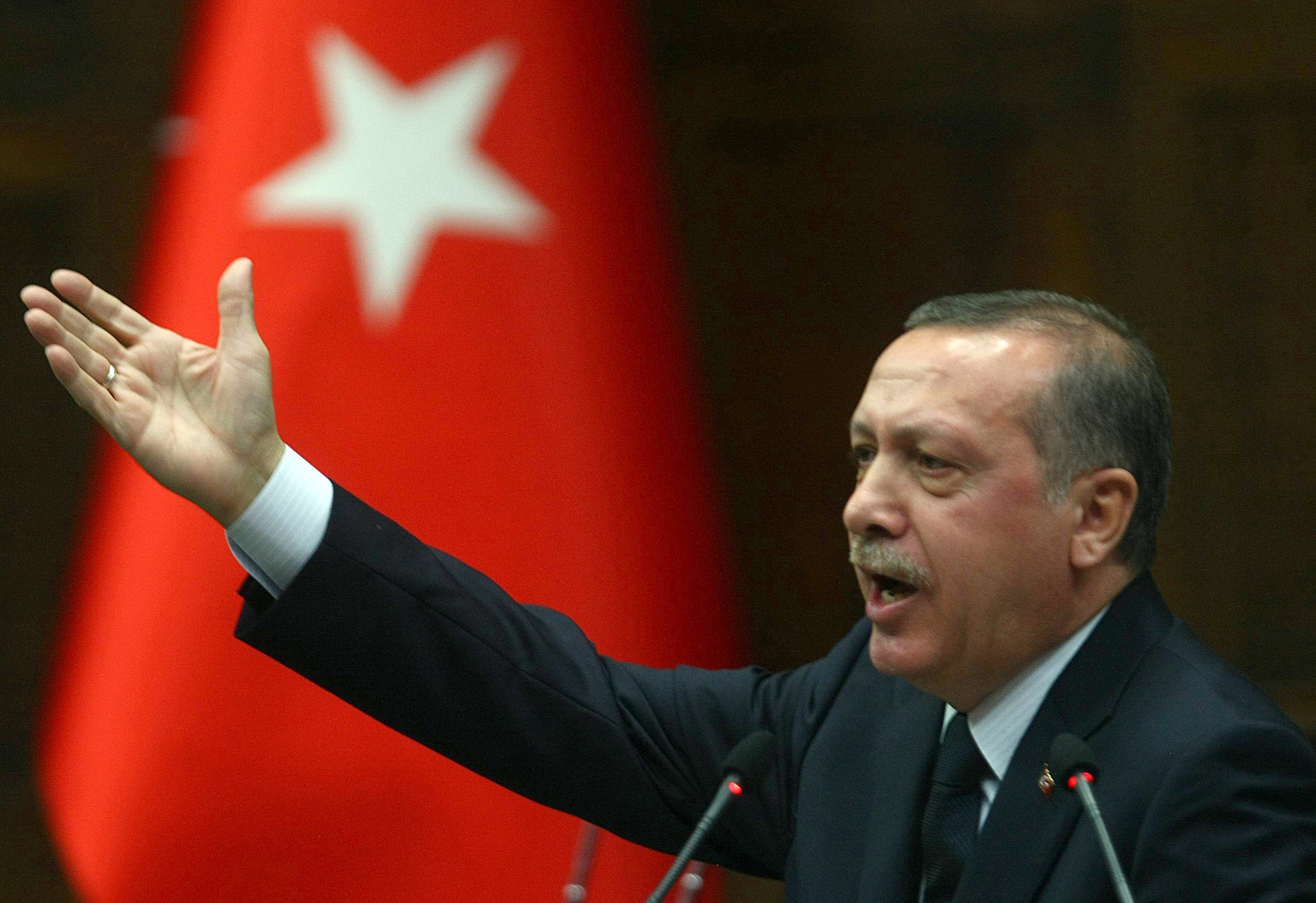Vijay Prashad, Ahmet Tonak
Significant developments are underway in Turkey. Most ominously, the government of President Recep Tayyip Erdogan of the Justice and Development Party (AKP) has moved toward the banning of one of the country’s main opposition parties, the Peoples’ Democratic Party (HDP).
Erdogan says that the HDP is not a legitimate political party, but merely the offshoot of the outlawed Kurdish Workers’ Party (PKK). Bekir Sahin, the chief public prosecutor of the Supreme Court of Appeals, echoed this view, arguing that the HDP “was acting together with the PKK terrorist organization and affiliated organizations.” But in 2019, as an example of its independence, the HDP broke with PKK leader Abdullah Ocalan on the Istanbul municipal elections.
One of the co-leaders of the HDP—Selahattin Demirtas—has been in prison since November 2016. He is charged with instructing pro-PKK groups toward the 2014 protests over the ISIS invasion of Kobanî in Syria; protests across Turkey led to the death of 53 people. Demirtas, who remains in prison, has not been tried or convicted despite a ruling by the European Court of Human Rights for his release.
His party is now in danger of being banned.
Nowruz Fires
Each year in March, Kurds across the Middle East celebrate the Nowruz or New Year festival. This year, across Turkey, Kurdish communities burned their Nowruz fires and celebrated the new year. Everywhere the mood was similar: people felt angry that the health of the Kurdish leader Ocalan—imprisoned in solitary confinement since 1999—has deteriorated and that the Turkish state is attempting to ban the HDP. In Diyarbakir, HDP co-leader Mithat Sancar said with defiance, “As long as the Nowruz fire is burning, nobody can make us kneel.”
What is happening to the HDP now is a recurrent feature of Turkish politics since the republic was established in 1923. Kurds, who make up almost 20 percent of the Turkish population, have struggled to get their political voice heard in the country. The PKK (formed in 1978) went into an armed struggle in 1984, thereby ceding the political space to other Kurdish forces. Over the past several decades, Kurdish political groups and the Turkish left have worked together in a range of alliances to widen democracy in the country; each of these attempts has been shut down. In 1990, the political left and the Kurds came together to form the People’s Labor Party (HEP), which was then banned in 1993. Out of HEP came the Freedom and Democracy Party (OZDEP), which only lasted four months. Then came the Democracy Party (DEP, 1993-1994), the People’s Democracy Party (HADEP, 1994-2003), and the Democratic People’s Party (DEHAP, 1997-2005).
The streams of the Turkish left and the Kurdish emancipatory currents came together in 2012 to form the HDP. Unlike its predecessors, the HDP aspired to be, and acted like, a truly inclusive rather than purely ethnically based political movement. Initially, the HDP and the government worked together to grant Kurds social and political rights in exchange for the transition to a presidential system. The process stalled (or was perhaps sabotaged). Erdogan has supported the negotiations, then denounced them.
Everything came to a head in 2016, after Demirtas was accused of praising Ocalan in a March 2016 Nowruz address. Not long after that, in May 2016, the parliament voted to strip HDP members of immunity, and in November of that year, the police arrested nine HDP leaders, including Demirtas and the other party co-chair Figen Yuksekdag.
Two years later, the Turkish state arrested Yuksekdag’s successor as party leader, Serpil Kemalbay, in February 2018, and by March 2018, 11,000 HDP members were reported to have been arrested. The current attempt to ban the HDP is part of this long-standing attempt of the Turkish state to delegitimize both Kurdish political forces and the political opposition.
Erdogan faces an economy in tatters, a foreign policy in shambles, and a splintering AKP. The alliance between the AKP and the MHP seeks to maintain power by breaking up the parliamentary opposition.
Frustration with the economy in Turkey led Erdogan to fire central bank governor Naci Agbal, the third person in this post to be removed in two years. Turkey’s economy continues to show modest growth, but its currency—the lira—has been struck by inflationary pressure. Agbal and his predecessors had kept interest rates high to control inflation; this is something that his successor—Sahap Kavcioglu—said he would reverse. Kavcioglu is a close ally of Erdogan, whose theory that high-interest rates are the cause of inflation has long raised eyebrows. Following Kavcioglu’s appointment, the Turkish lira lost 15 percent of its value when the Asian markets first opened, eventually stabilizing around a loss of 9.5 percent. Without parliamentary scrutiny, the central bank will become more of an appendage of the presidency.
To read the full article: https://www.neweurope.eu/article/erdogan-starts-a-political-earthquake-in-turkey/
